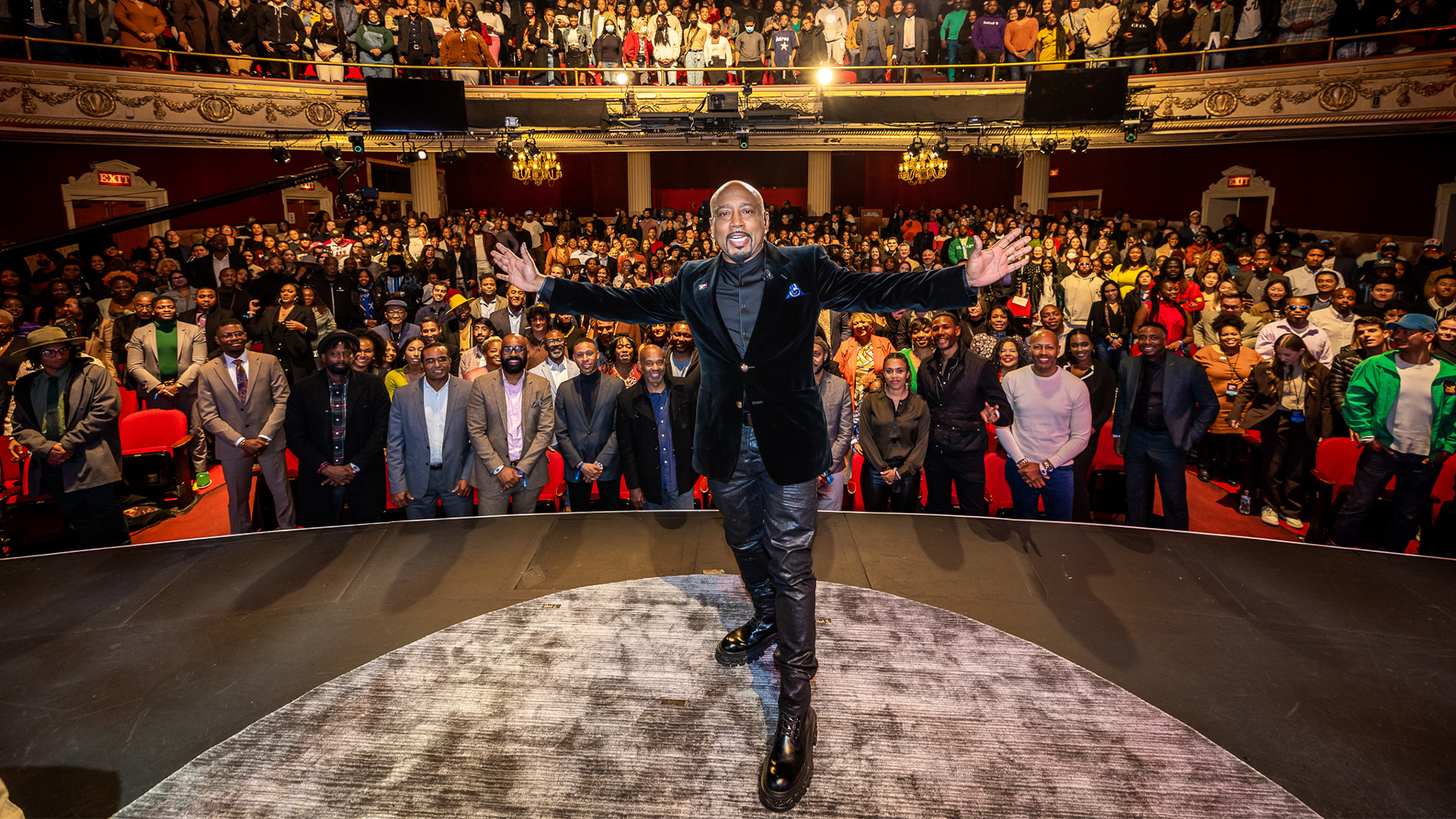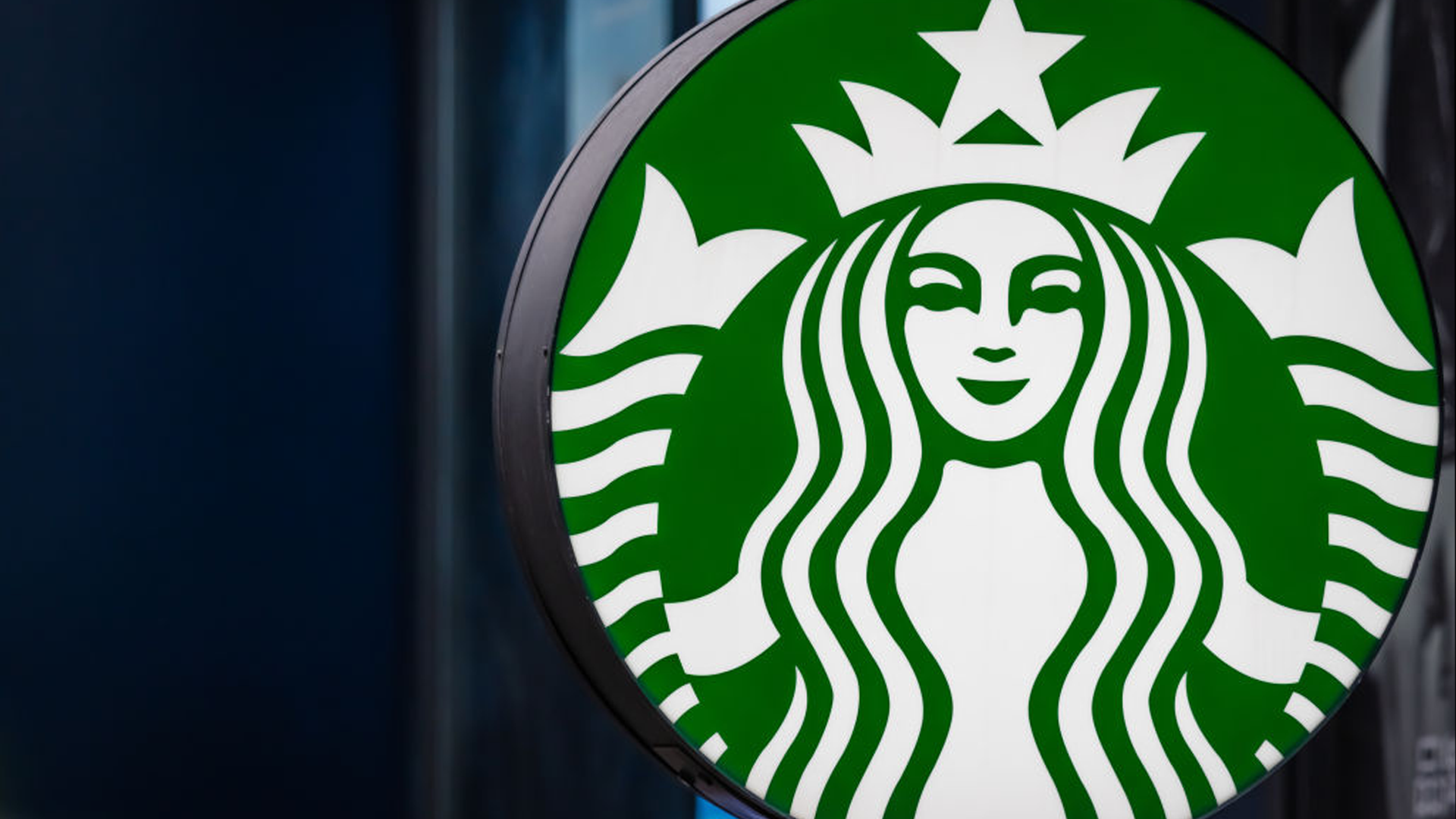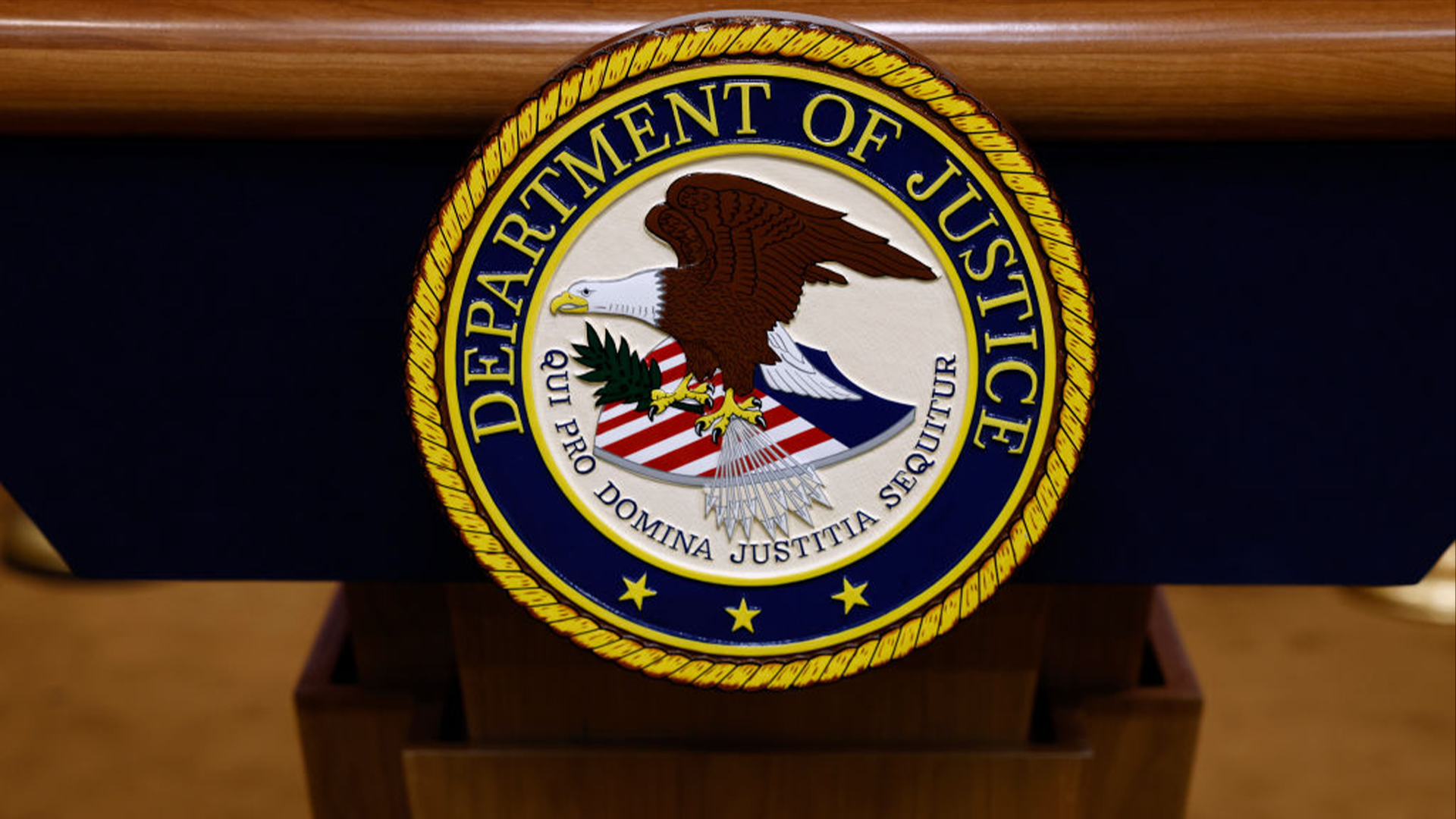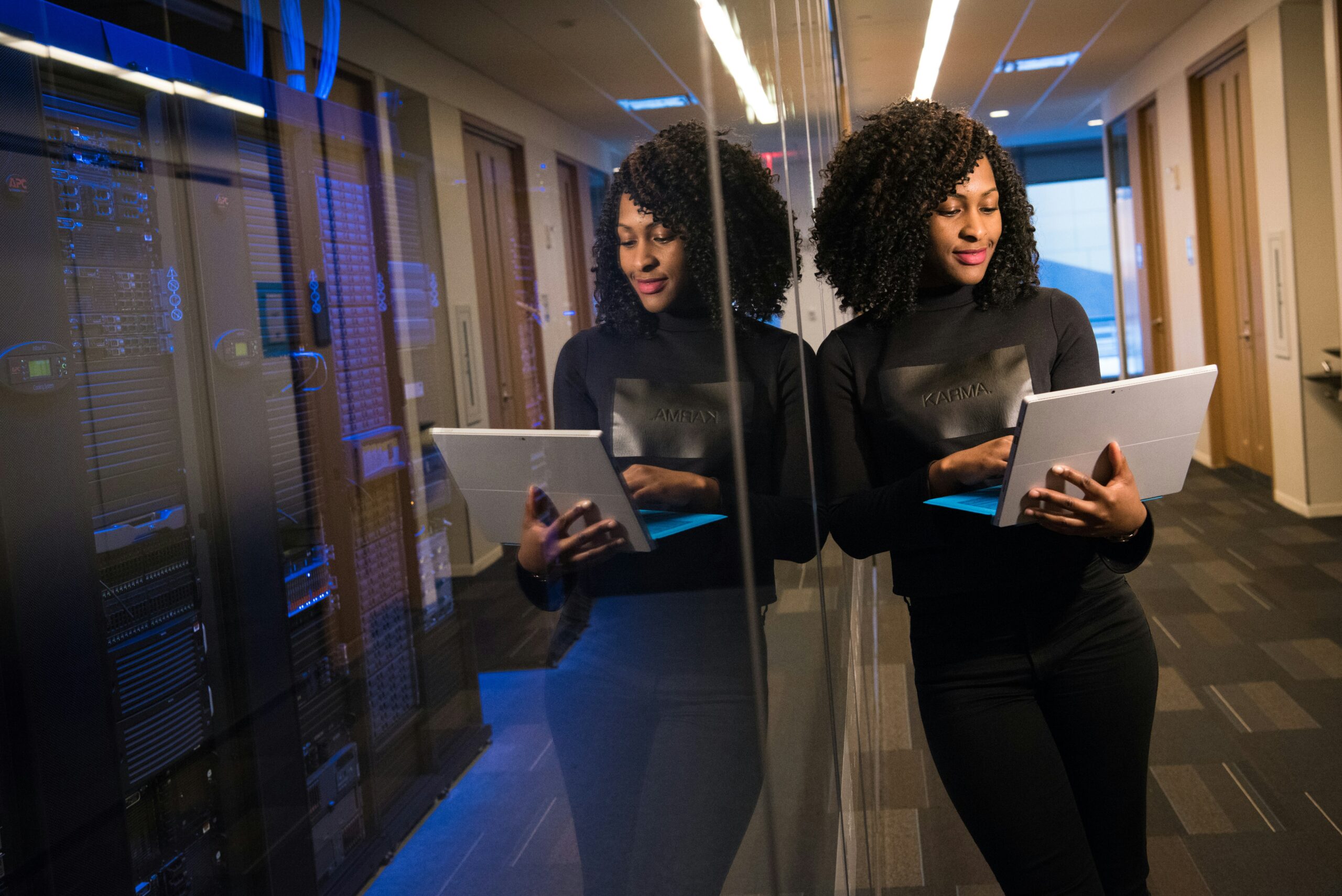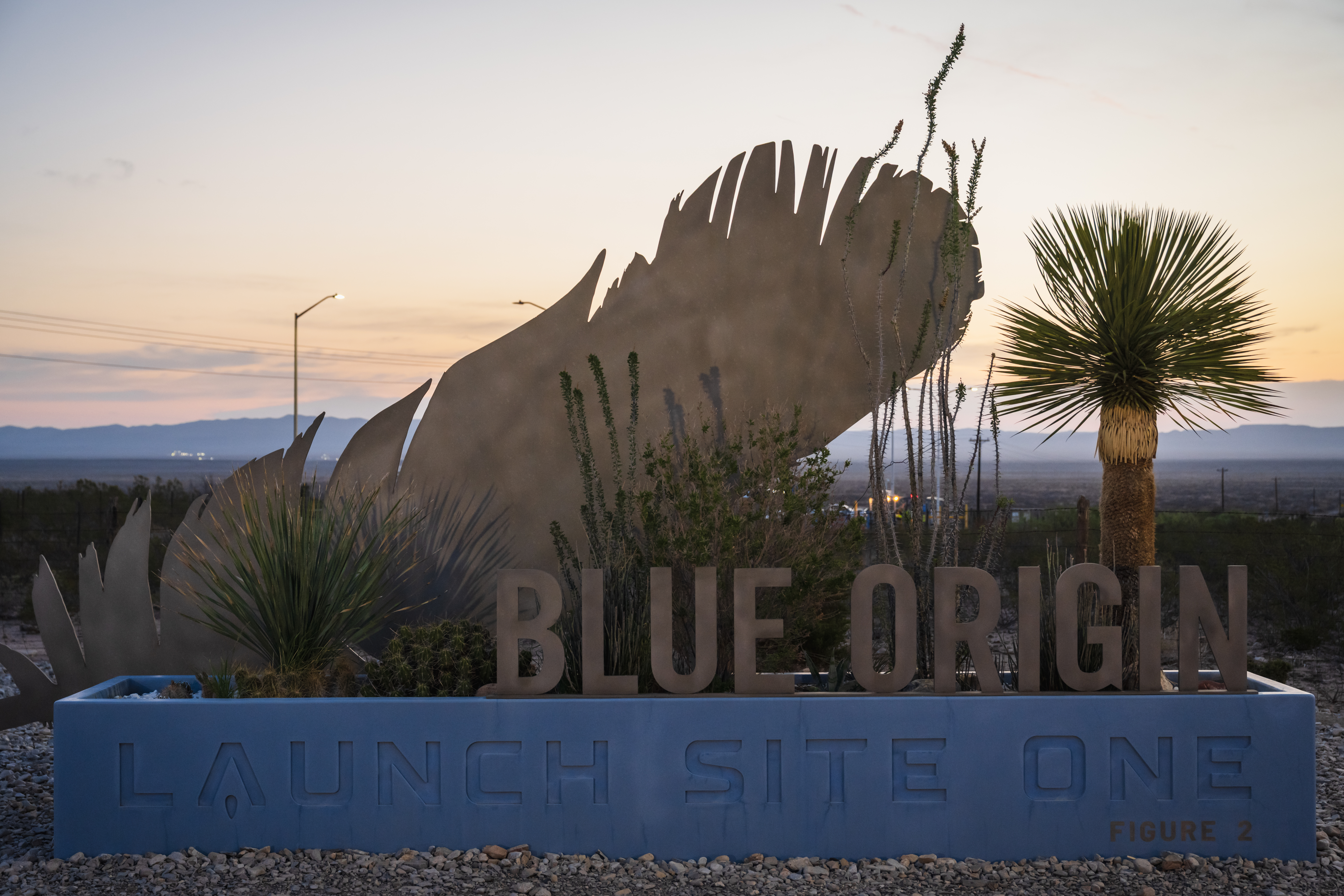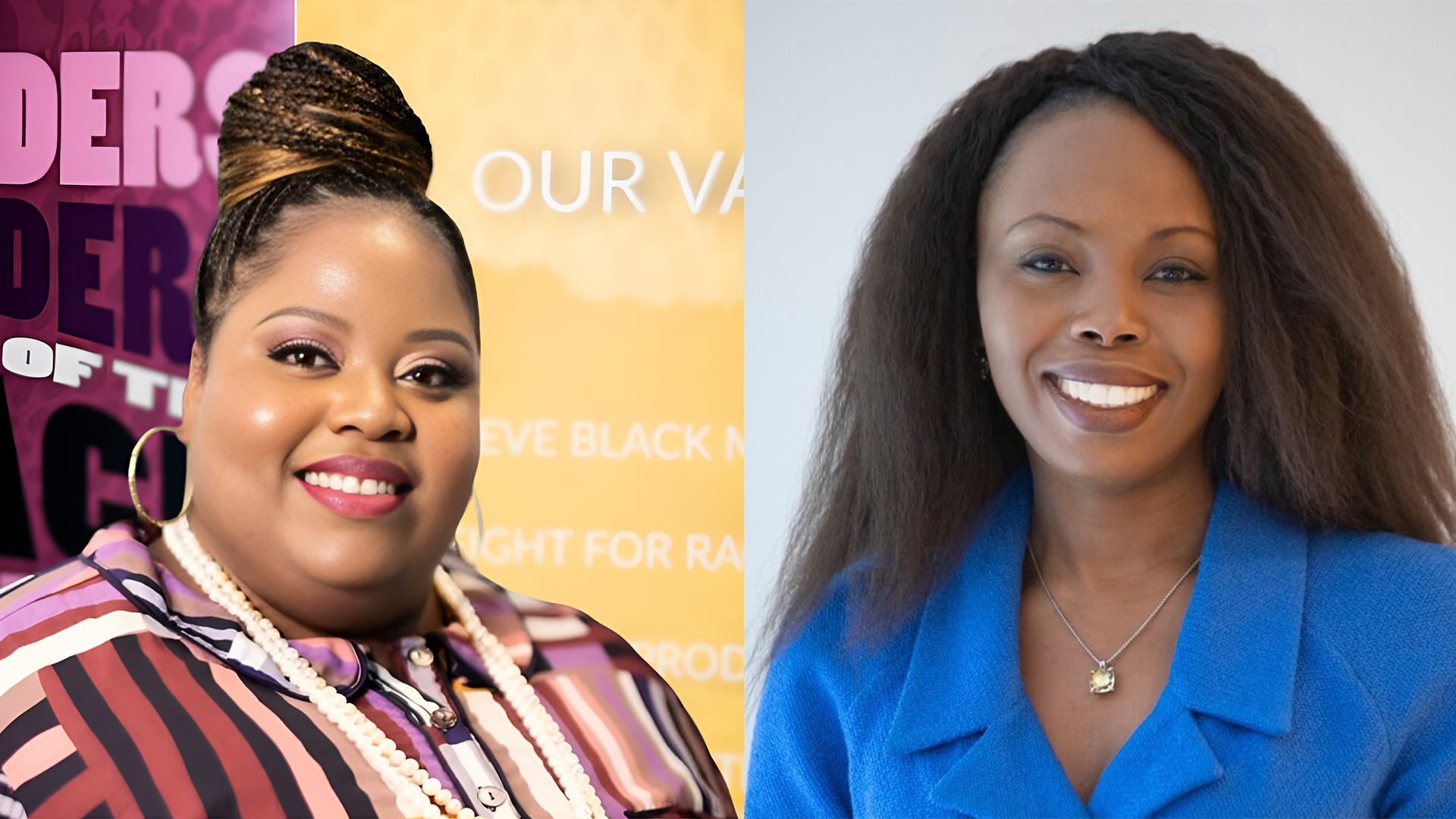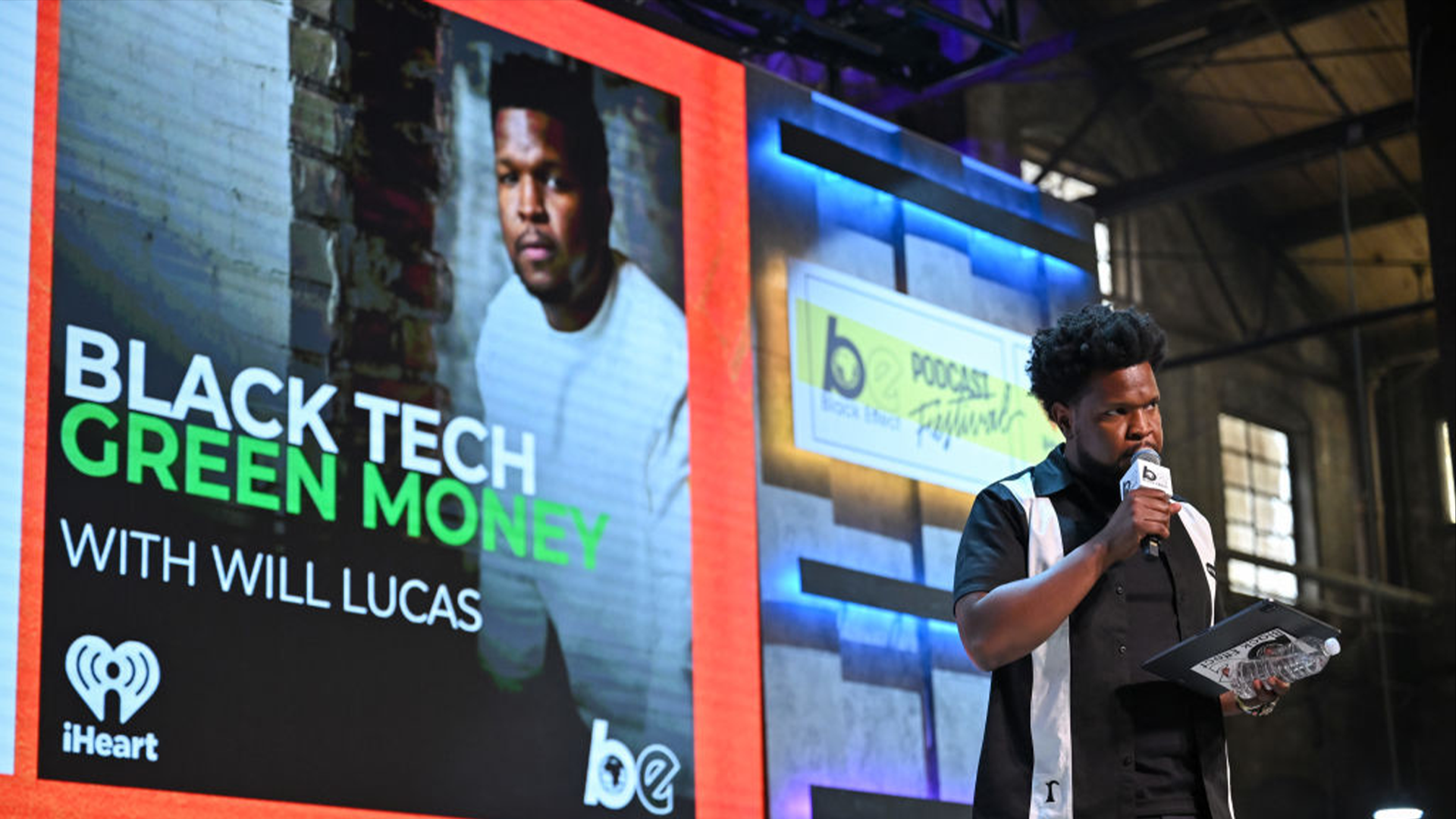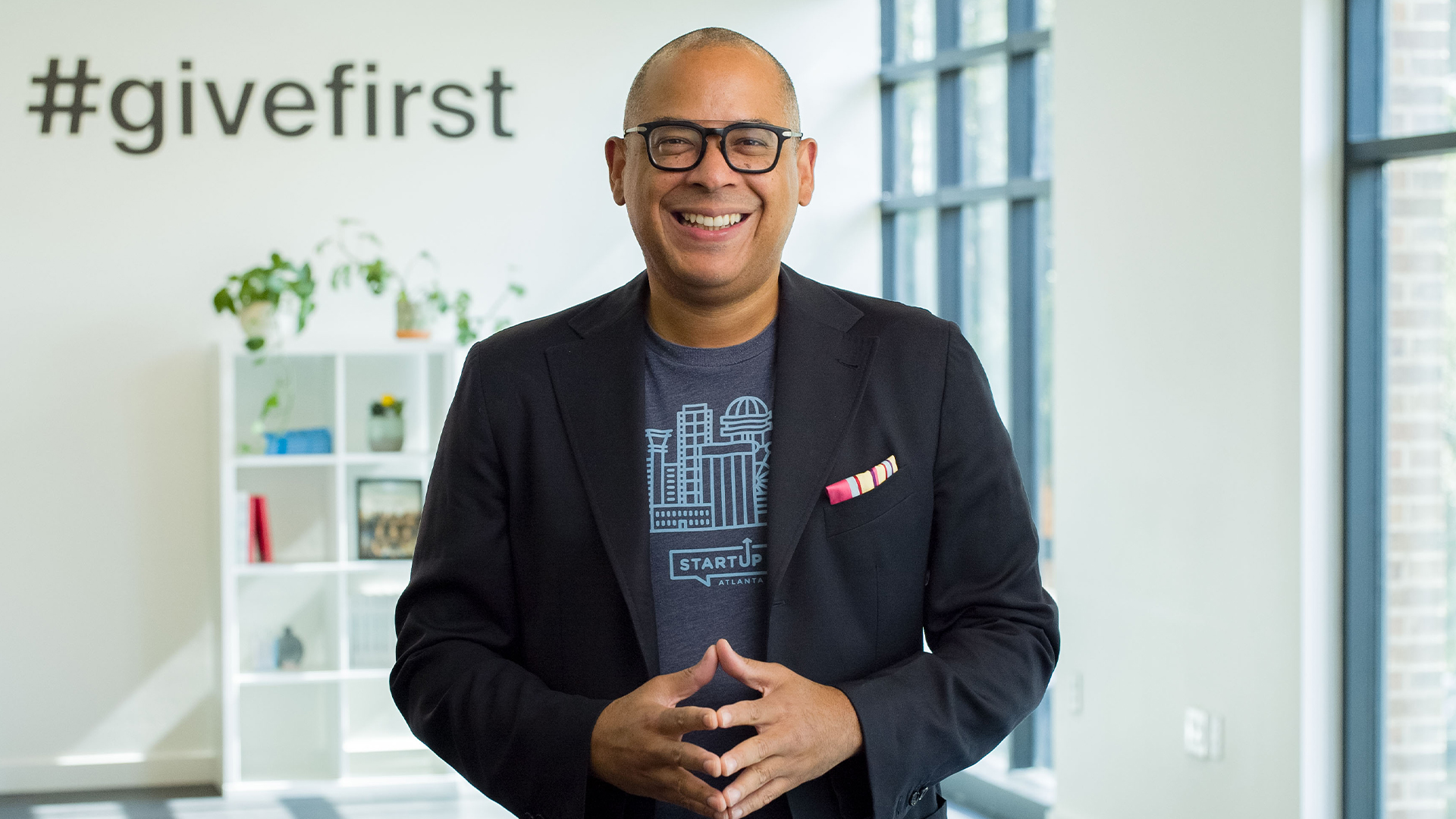Entrepreneurship is a long, arduous journey that’s rarely linear. And, for Black entrepreneurs the process can be even harder.
It’s no secret that minorities and female founders often struggle to secure capital when compared to white male founders. Even attracting as much visibility in mainstream media as other businesses — including social media growth — can be harder. Plus, not having a network of fellow entrepreneurs who understand the challenges can make the entire experience lonely.
Daymond John, a serial entrepreneur, understands this process all too well. From his days launching the iconic streetwear apparel brand FUBU to parlaying his business acumen into the investor niche, John learned from his growing pains. Now, he wants to help other Black-owned businesses navigate those issues.
From Hollis, Queens, To The Tank
Today, John is a household name, thanks to his tenure on the ABC’s “Shark Tank.” But many people are familiar with him from FUBU, a streetwear brand he started out of his mother’s home in Hollis, Queens, after an initial $100,000 investment from his mother mortgaging their home, as AFROTECH previously reported. John, along with his friends Alexander Martin, Keith Perrin, and Carlton Brown, started the brand by creating simple hats and screen printed shirts that they sold on Jamaica Avenue as well as at local live events for direct-to-consumer sales.
But it wouldn’t be until John tapped his childhood friend and neighbor, LL Cool J, to wear a few items for a promotional campaign in 1993 that FUBU would suddenly boom. Along with rocking the garments in ads, he even wore a hat in his iconic commercial for GAP, and included the line “for us by us” as a nod to the indie streetwear brand.
However, FUBU experienced growing pains — often expanding sales faster than they could keep up with fulfillment because of a lack of capital. Additionally, John admits that “by that time, I had spent all of the money [from the initial investment] not only on lavish things, but I didn’t understand how to use the money. Unless my mother took out that ad and got backing from a large organization, I would have been homeless four months later after she took out that money and I would have lost her only investment.“
Struggling to generate capital to scale his business, and his initial lack of corporate financial literacy stuck with him. It eventually served as an inspiration for John to create Black Entrepreneurs Day.
Creating Opportunities For Black Entrepreneurs
Black Entrepreneurs Day is an annual one-day event where entrepreneurs can connect with like-minded entrepreneurs, business partners, and potential mentors to gain hands-on knowledge to learn how to develop and grow a business from the seed stage. The event takes place on Thursday, Nov. 1, at 7 p.m. EST at the Apollo Theater and will stream live on the official Black Entrepreneurs Day website and on social media outlets like Facebook and Youtube.
Capital, Tools, Mentorship, and Community
One of the biggest highlights of this event is that it centers around providing access to capital for Black businesses. Black Entrepreneurs Day confirmed that over $200,000 in grants are already committed to be disbursed to Black businesses as part of the event’s partnership with NAACP Powershift Entrepreneur Grants. According to information provided to AFROTECH, Black Entrepreneurs Day has awarded over $800,000 to previous applicants and attendees.
Now in its fourth year, the event takes a multi-pronged approach to education and nurturing entrepreneurs through their business development journeys. One key feature is the “Game Changer Conversations” series, presented by The General Insurance and moderated by John. The series will consist of one-on-one discussions with Black business leaders and cultural icons such as Shaquille O’Neal, Rick Ross, Anthony Anderson, and Whoopi Goldberg.
“You’re going to see so many amazing stories. And I always tell people that it’s not access that gives us power,” John told AFROTECH. “It’s how you use that access.”
Attendees will also have a chance to connect with partner organizations to help them scale.
“If a business has a big database of resources that even if you don’t get the money, you can go in there and learn, that’s extremely important to take away from there,” he added.
Lastly, John encourages participants to not just listen to the presentations or apply for grants, but to also use the event as a networking opportunity.
“It’s a community, and we have to use the community in the most efficient way we can,” John said. “You’ve got to use OPM [other people’s money], and OPM should [also] be other people’s mind power, manpower, marketing, manufacturing, mentorship — it can be anything else.”
Grant applications are now open. Interested individuals can apply for one of the $25,000 grants at BEDGrant.com through Oct. 11.
